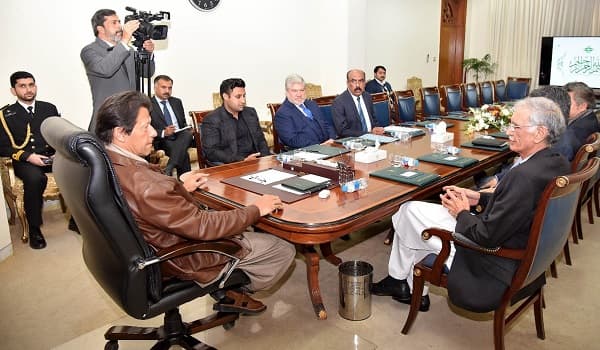Karachi: The Sindh government, in collaboration with Chinese diplomats, signed memorandums of understanding (MoUs) for five transformative projects spanning energy, health, transport, and agriculture. The agreements aim to drive economic growth and innovation in the province, leveraging Chinese expertise and investment.
The MoUs include initiatives for assembling electric vehicles locally, manufacturing solar panels, producing slow-release fertilizers, developing algae farming, and establishing a state-of-the-art medical city in the Dhabeji Special Economic Zone (SEZ).
Read: Sindh CM pushes for faster progress on foreign-assisted projects
The signing ceremony, hosted by Sindh Energy Minister Syed Nasir Hussain Shah, was attended by Senior Minister Sharjeel Inam Memon, Special Assistant to the Chief Minister Syed Qasim Naveed Qamar, and Chinese diplomats.
Key Announcements and Projects
- Chinese investors committed to establishing a medical city projected to create 50,000 jobs. The Sindh government pledged tax exemptions and other incentives to attract further investment.
- Minister Memon announced plans to launch an EV taxi scheme aimed at reducing emissions, creating youth employment, and offering affordable transport options.
- The province will focus on affordable electricity, with solar energy priced at Rs18 per unit from upcoming solar parks. Additionally, a coal gasification plant and expanded renewable energy projects are planned to diversify Sindh’s energy mix.
Read: Sindh signs landmark deal to revolutionize marble & granite sector
Special Assistant Syed Qasim Naveed Qamar criticized the current export practices of unprocessed granite, committing to local processing to maximize economic benefits.
Chinese investors expressed enthusiasm for Sindh’s business potential during meetings with Sindh Chief Minister Syed Murad Ali Shah and former President Asif Ali Zardari. Zardari assured the delegation of full federal and provincial government support.
Minister Memon noted that the longstanding Pakistan-China friendship, initiated under Shaheed Zulfikar Ali Bhutto, continues to flourish. He credited the China-Pakistan Economic Corridor (CPEC), introduced during the PPP’s tenure, as a catalyst for deepening bilateral relations.
Read: Sindh, Chinese firms discuss waste-to-energy, desalination projects for KHI
The Dhabeji SEZ, the only CPEC-connected zone in Sindh, remains a focal point for investment. Industries established in the zone will benefit from a ten-year tax exemption, reinforcing the government’s commitment to fostering economic growth.
These agreements underscore Sindh’s strategic importance in driving Pakistan’s economic transformation, enhancing ties between Chinese and Pakistani businesses, and setting the stage for sustainable development in the province.








